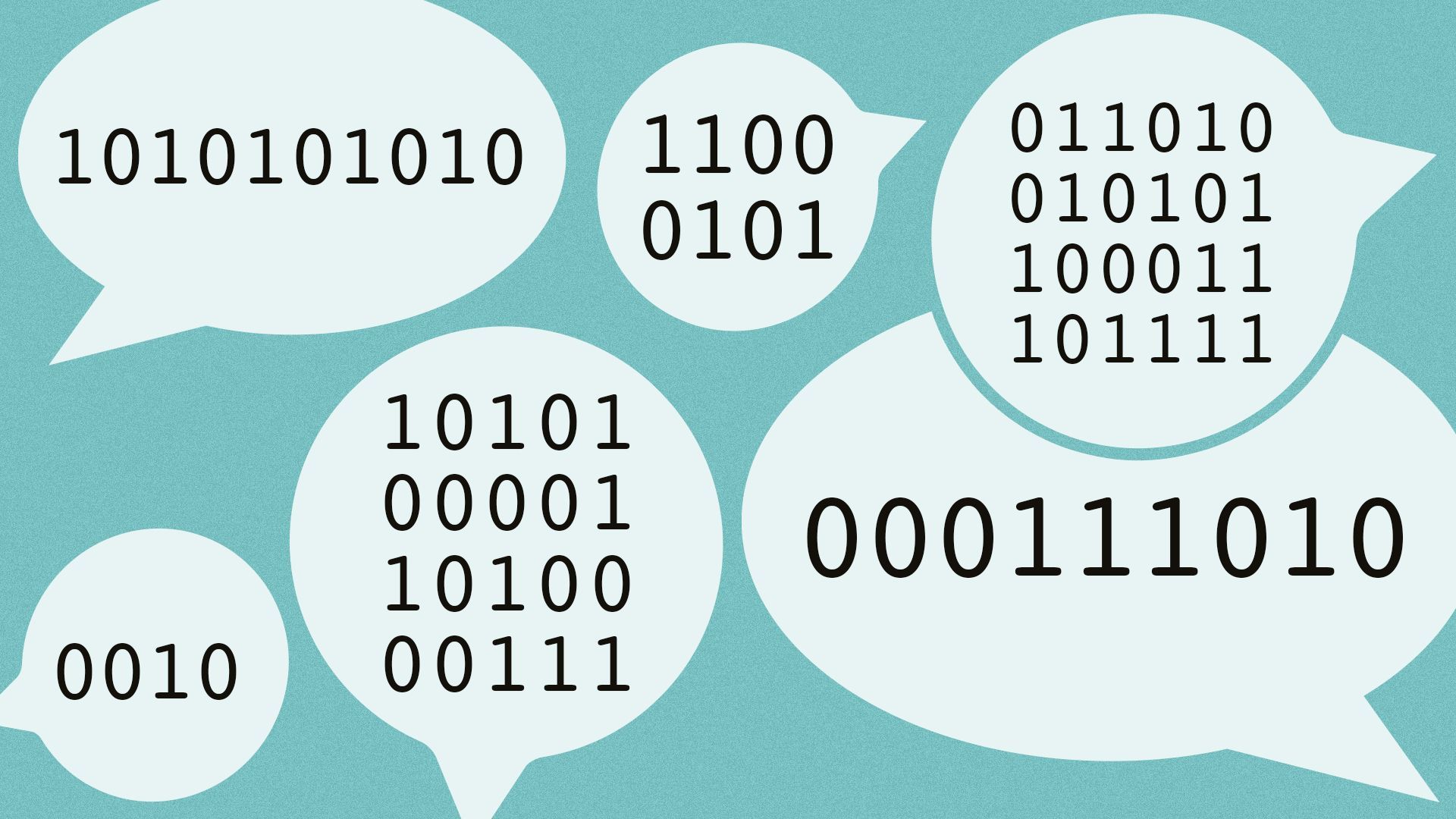

Illustration: Shoshana Gordon/Axios
Employers are battling to figure out how to fold ChatGPT into their workflows devoid of jeopardizing the stability of their corporate secrets, purchaser facts and intellectual residence.
The significant image: Engineers and programmers across quite a few industries have found excellent utility in refining code or double-checking their get the job done by operating it by means of ChatGPT.
- Having said that, there has not been a great deal of transparency all over the assortment of that details, exactly where it goes or how it could probably be applied.
Driving the news: Working with ChatGPT in company options is about to get a ton much easier just after Salesforce unveiled programs this week to combine the significant language product chatbot into Slack.
What is going on: More and more, businesses are acquiring nervous about how staff members could possibly use ChatGPT at get the job done.
- Walmart and Amazon have equally reportedly warned workforce not to share confidential details in the chatbot.
- An Amazon corporate lawyer advised personnel the organization has by now viewed cases of ChatGPT responses that are related to interior Amazon data, in accordance to Insider.
- JPMorgan Chase & Co. and Verizon have reportedly blocked worker access to the on-line tool.
- In the meantime, OpenAI improved its conditions of service last week so its versions no for a longer period use person inputs by default to coach amid increasing worries about privateness hazards.
By the numbers: 2.3{c024931d10daf6b71b41321fa9ba9cd89123fb34a4039ac9f079a256e3c1e6e8} of employees have put confidential business facts into ChatGPT, according to a new report from Cyberhaven.
The intrigue: Workers are acquiring ways to evade corporate network bans blocking access to ChatGPT, Cyberhaven CEO Howard Ting advised Axios.
- Ting said some providers thought staff members experienced no accessibility to the chatbot just before Cyberhaven advised them in any other case. “Buyers can use a proxy to get close to a whole lot of those people community-centered stability instruments,” he stated.
Amongst the traces: The initially move organizations will need to acquire to mitigate the security pitfalls is to get visibility into how employees are in fact applying ChatGPT, Ting mentioned.
- Small business leaders will also need to have to position controls on no matter what generative AI instruments they end up employing to stop them from sharing extremely delicate corporate facts with workers who usually are not cleared to see it, Arvind Jain, CEO of workplace research enterprise Glean, told Axios.
In the meantime, firms aren’t organizing to totally eradicate ChatGPT from their units. As a substitute, some have started out looking for out custom generative AI alternatives that occur with more controls than ChatGPT.
- Peter van der Putten, director of the AI lab at Pegasystems, informed Axios his firm is developing quite a few new capabilities subsequent purchaser need for certain generative AI applications to aid them craft marketing copy and in other conditions.
- “From a cybersecurity point of look at, you have much more command if it can be a particular use circumstance, and it truly is not a freeform prompt,” van der Putten said.
Yes, but: Putting full command on how generative AI learns and grows from consumer inputs is an extremely hard task, Jain claimed.
- “These generative products, they are a black box, and no human can in fact explain the algorithms guiding the scenes,” Jain mentioned “They’re uncontrollable in some sense.”
Signal up for Axios’ cybersecurity e-newsletter Codebook here.







